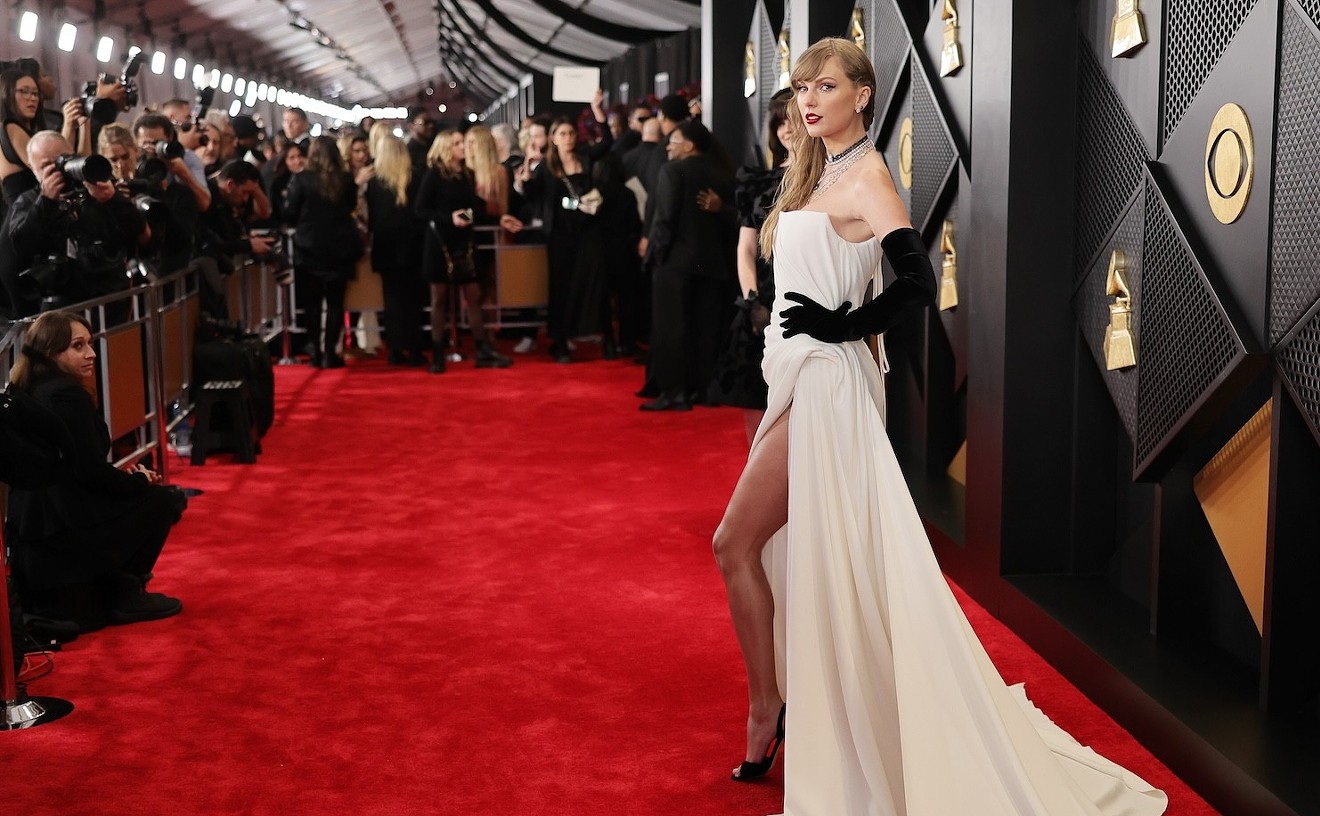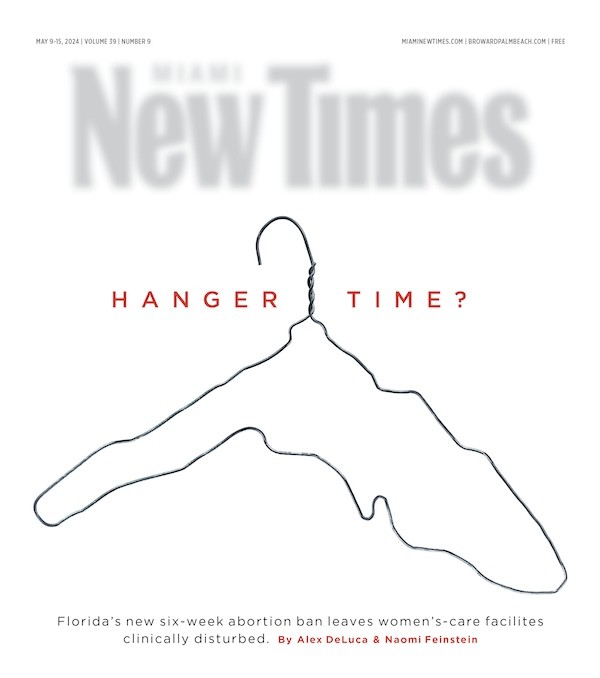Instead we get songs like the opener, "Anthem," which is underpinned by lugubrious, legato bass. Keening, calliopelike keyboard notes could brighten things up, but they mete out a sad, minor-key melody. A gritty, washed-out synth line takes over, ratcheting up and down scales before giving way to a fleet-fingered tabla drum pattern. The latter serves to pick up the pace, but we're never elevated to an obvious peak before the song fades out listlessly.
With its blobs of compressed bass and twangy, backward rhythm-guitar sample, "Northern Lights" brings to mind Daft Punk; this isn't necessarily bad, but the track never lives up to that glimmer of hope, ending without having taken us anywhere. The same can be said of "Earl Grey," with its snorting bass synths and squiggles of higher-pitched tones set against a rudimentary snare drum beat. The seven-minute tune's only musical evolution involves a series of progressively harsher and more abrupt snorts midsong.
Layers of percolating keys liven up "Purple," a track that hints at the GusGus formula with majestic, orchestral synths and breathy female vocals. "Esja" is named for the mountain that looms over Reykjavík, but the track's squashed bass melody line laid over a midtempo drum 'n' bass beat verges on irritating. More grating yet are "Sleepytime," a snore of a song that's little more than echoing piano chords placed over a tired snare-andhigh hat pattern, and "Rosenberg," with a similar rhythm scheme and equally ancient blip-bleep video game sounds substituting for melody.
GusGus vs. T-World boasts a few moments of inspiration, but only die-hard GusGus fans need this in their collections. Let's face it -- there's a reason Legowitz and Veira released this material after making it with GusGus.
Related Links
4AD










